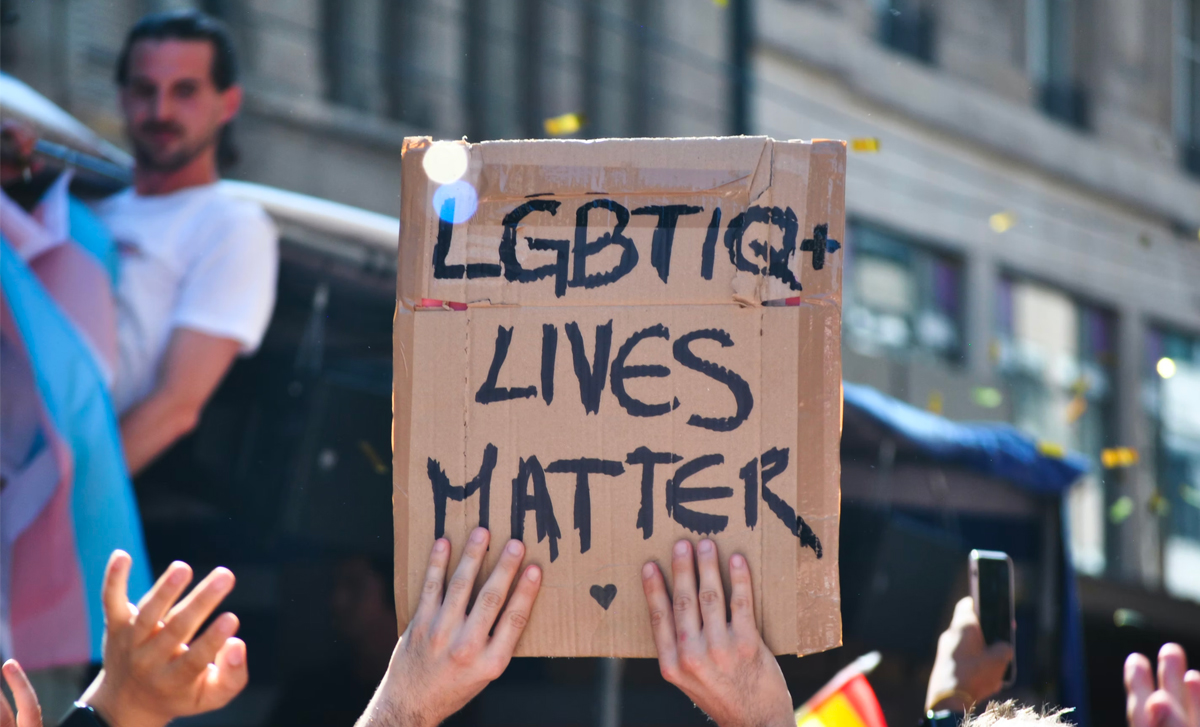The Hospital Outreach Post-Suicidal Engagement service and LGBTIQ+ community
We are designing and piloting training for Hospital Outreach Post-suicidal Engagement (HOPE) clinicians in Victoria to make the service safer and more inclusive for LGBTIQ+ people.

This work is guided and informed by clinical and community experts, including people with lived experience of suicide attempts and suicidal ideation.
The HOPE service provides enhanced support and outreach for people leaving an emergency department or medical ward following treatment for an attempted suicide, serious planning or intent.
But, no program, however well designed and compassionately applied, works equally across all communities.
Many LGBTIQ+ people live healthy, happy lives, but a disproportionate number experience poorer mental health outcomes and have higher risk than their peers of suicidal behaviours. This is especially so for those who identify as trans, intersex and gender diverse.
Members of these communities with lived experience of post-suicide engagement sometimes report that current protocols result in suboptimal experiences.
Some interactions with attending clinicians, support workers, and mental health staff are traumatising. The critical importance of pronouns and gender-inclusive language is sometimes neglected. Anxieties and health needs specific to transgender and intersex lives are inadequately understood or not acknowledged.
Accordingly, this project aims to:
- increase the capability of HOPE clinicians and staff to deliver safe and inclusive mental health services to LGBTIQ+ people;
- improve understanding of the barriers to accessing HOPE services for the LGBTIQ+ community;
- increase positive LGBTIQ+ consumer service experience and confidence when accessing HOPE services;
- enable the establishment of community partnerships and referral pathways between mainstream HOPE services and local LGBTIQ+ services;
- build on the insight and skills derived from our recent national LGBTIQ+ suicide prevention trial.
A Project Advisory Group has been established by NWMPHN and includes representatives from Transgender Victoria, Switchboard, Department of Health (Mental Health & Wellbeing Division) and HOPE service providers from metropolitan and regional locations.
With input from LGBTIQ+ community, training needs for HOPE clinicians will be defined and suitable modules developed and piloted in early 2022.
Interested in providing insight, or receiving updates, on this project? Get in touch.
Providers
In late 2021, consultant agency Impact Co. was contracted to review existing training packages with representatives from HOPE services and LBGTIQ+ community members to inform recommendations for training adaptation.
In early 2022, Thorne Harbour Health was contracted to undertake the pilot and evaluation phase of the HOPE LGBTIQ+ Capacity Building Project which included the development of the training program, implementation of the training at a metro and regional site, and facilitation of an external evaluation of the training program. The Austin Hospital and Grampians Health have been selected as the pilot sites for this training.
Pilot and evaluation
This phase of the project will include:
- Development of the service that covers:
- LGBTIQ+ cultural sensitivity and awareness
- LGBTIQ+ affirmative practice
- LGBTIQ+ suicidality
- Alcohol and other drugs use in the LGBTIQ+ community
- LGBTIQ+ family violence
- Aboriginal and Torres Strait Islander LGBTIQ+ communities
- Trans and gender diversity
- Multicultural and multifaith intersectionality
- Intersex
Education and training
NWMPHN has developed free training modules for general practitioners, nurses and mental health professionals to enable better care for LGBTIQ+ people, especially trans, gender-diverse and non-binary (TGDNB) clients.
Other suicide prevention and postvention services
We fund several providers to deliver local suicide prevention services and support after suicide (postvention). Health professionals can use our System of Care search tool to find out where these services are delivered and who can benefit from them, and to access referral pathways and forms.
Health professionals can also find clinical and referral information for local suicide prevention and postvention services on HealthPathways Melbourne.





